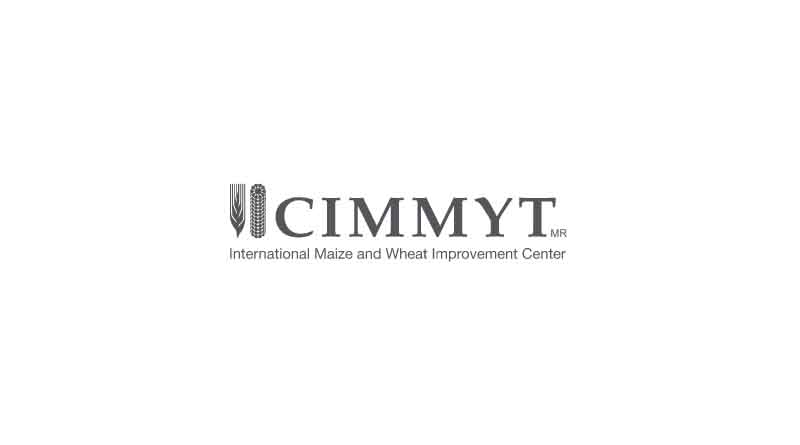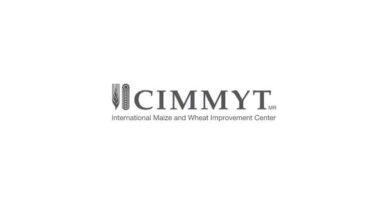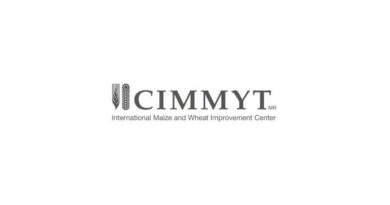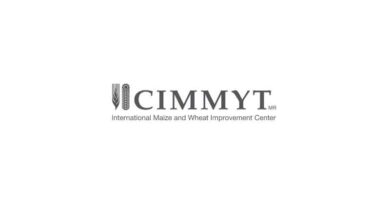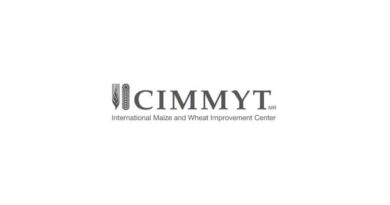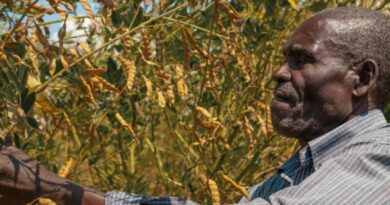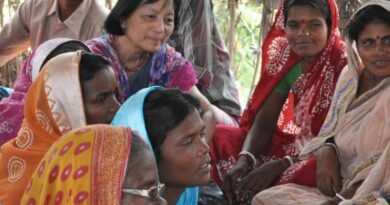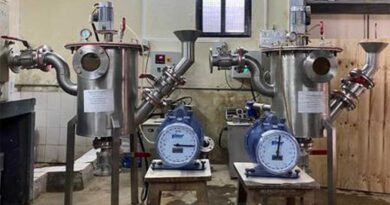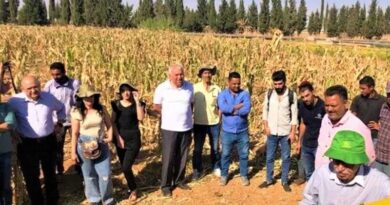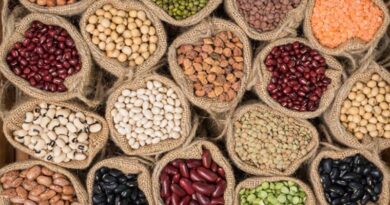Increasing smallholder inclusion in markets boosts rural livelihoods
28 April 2023, Zambia: Smallholder farmers have long been considered purely subsistence producers without the capacity to participate in commercial value chains. This has led to their exclusion from many agribusiness enterprises which typically focus on medium- to large-scale growers.
Through the Accelerated Innovation Delivery Initiative (AID-I), the International Maize and Wheat Improvement Center (CIMMYT) and partners are supporting smallholder farmers to enter viable legume value chains. Soybean is one crop experiencing a rapidly expanding market. This is a unique opportunity for small-scale farmers to access a legume value chain, one that drives sustainable intensified farming for improved income and livelihoods.
In the Kasenengwa District, in eastern Zambia, Josephine Mbewe produces soybean for local oil production and grain traders who export the commodity to neighboring countries like Zimbabwe and Malawi. She is one of many farmers who are benefitting from the Agriculture Development Agent model, a concept that has been developed by CIMMYT’s implementation partner Catholic Relief Services (CRS) and scaled up in the AID-I project.
“For years we always wanted to produce for the market, but the costs were just too high. In addition, we didn’t exactly know who to sell to so this model really helps us as we sell our products locally but knowing that our aggregated produce will go to distant consumers. This model is helping us to have access to high quality inputs such as improved seed, crop chemicals, fertilizers, and other related products,” Mbewe said.
The Agriculture Development Agent model aims to create a consortium of village based agrodealers who double as seed producers multiplying seed and selling it to surrounding farmers. The same dealers buy back the grain and sell it to oil pressing companies and export commodity trading companies.
The AID-I project scales promising innovations with proven ability to address some of the systemic constraints that have discouraged agribusinesses from engaging with smallholder farmers.
“This is a model that is leveraged on community social capital where trust exists between the ADA and the local farmer,” said James Nguluwe from CRS. “Issues related to seed diversion or side marketing of the harvested crop are kept at a bare minimum as farmers don’t want to spoil their relationship with the Agriculture Development Agent and their general reputation within the community.”
“The model is also catalytic to the use of improved seed as farmers have to produce using a particular seed type. The interactions with ADA over soya seed, production and reverse purchase set up has seen the farmers extending to procure improved maize varieties as well, as opposed to times past where they would recycle seed and reap poor harvests,” he said.
Paitana Mwanza, an ADA agreed and spoke of his positive experiences of the model.
“I have had no contractual breach with the farmers. When they buy the seed, we agree on a separate grain buy back arrangement – the farmers have always delivered as per agreement.”
For years, farmers have been growing recycled seed and use of improved seed has been very uncommon among smallholder farmers. Having a financial incentive where ADAs provide an assured market is proving to be a good enough incentive to facilitate behavioral change.
Agribusiness agents face high costs associated with aggregation of produce, which the Agriculture Development Agent model overcomes. Farmers are organized and supported by ADAs, who are registered market players that have been extensively trained in business practices, seed handling and seed and grain production. As such, both grain traders and processors can make a realistic profit through this innovative system that facilitates small-scale farmers accessing new markets.
One of the key objectives of the AID-I project is to ensure that participating in market systems is a choice for smallholder farmers and exclusion from viable value chains is a thing of the past. The Agriculture Development Agent model promises to transform not only eastern Zambia but the whole country at large.
Also Read: Threat of El Niño looms, FAO prepares anticipatory actions with Members and partners
(For Latest Agriculture News & Updates, follow Krishak Jagat on Google News)

